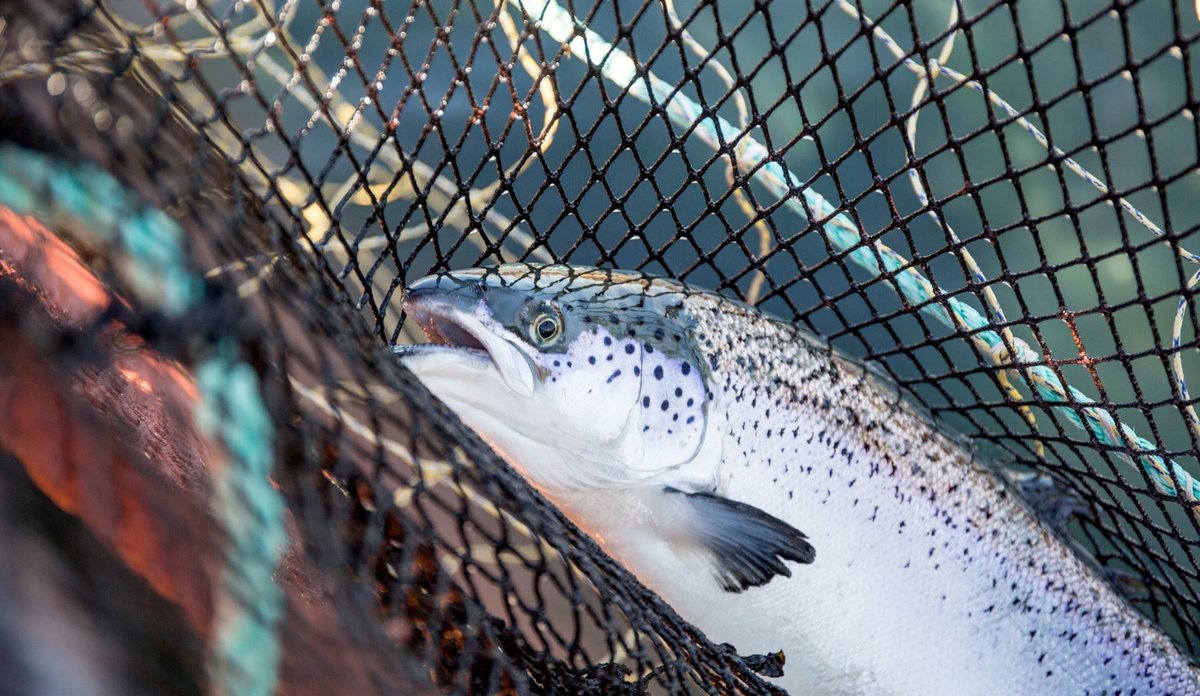We study the effects of feed and feeding on fish performance and health from egg to broodstock and over generations.
Our research centers around optimizing feed for optimal fish health and welfare and explores how requirements change during stress, diseases, production methods, environmental factors and more. Can feed be improved to cope with these stressors? Moreover, we study how different feeds, feed ingredients and additives can satisfy the nutrient requirements of the fish whilst minimizing the direct environmental effects around the farm and the environmental footprint of the feed materials.
The Institute of Marine Research is constantly improving its broad range of nutrient analysis (e.g. amino acids, fatty acids, minerals, lipid and vitamins) in feed and biological material which provides us with unprecedented possibilities for nutrition studies.
In our research facilities we can study fish nutrition under controlled environmental conditions (water chemistry, oxygen concentration, temperature, etc.) but we also use ex vivo and in vitro models to deepen our understanding of underlaying mechanisms at tissue or cellular level.
Our main topics of research
- Nutritional requirements
- Feed ingredients
- Circular aquatic food production
Species: Atlantic salmon, Atlantic halibut, Atlantic cod, ballan wrasse, lumpsucker, zebrafish, plaice, tilapia, carp and seabream.
All life-stages: eggs, larvae, juveniles, grow-out, broodstock, both in freshwater and seawater
Our current main research areas
- Understanding metabolic interactions between fish production methods, sustainable feed ingredients and alterations in nutritional requirements
- Sustainable feed ingredients like insects, blue mussels etc. and their ability to fulfill nutritional requirements and governmental legislations
- Applying 3Rs: development of ex vivo and in vitro models
- Advanced analytical methods in food chemistry and biochemistry
- Molecular nutrition and nutritional programming strategies and the epigenetic mechanisms (DNA methylation and histone tails) regulating fish growth (and health) from broodstock to production fish
- New marine species
Published: 11.03.2021
Updated: 11.11.2024

